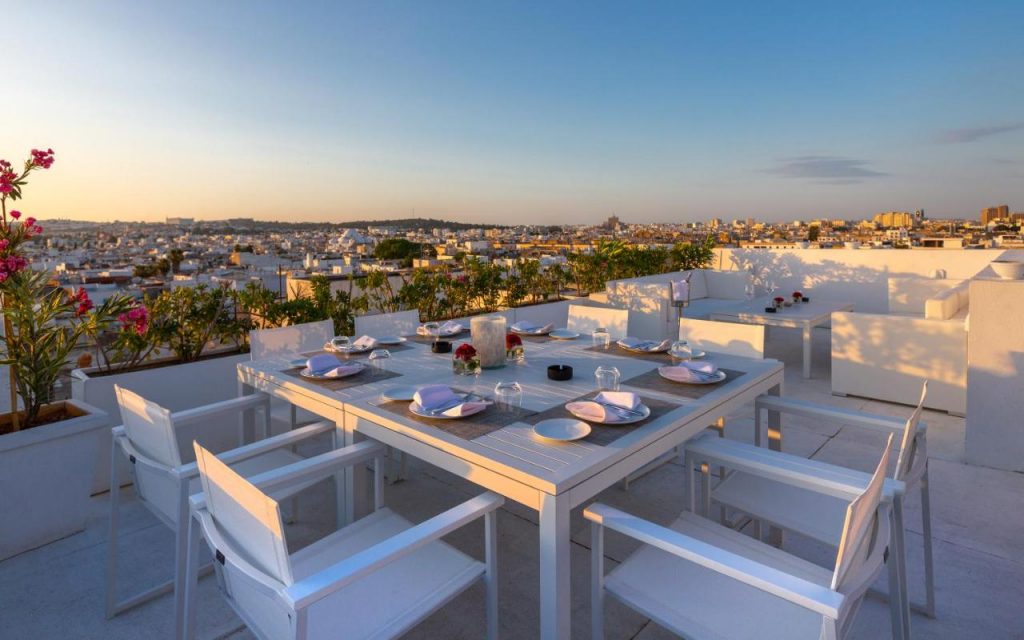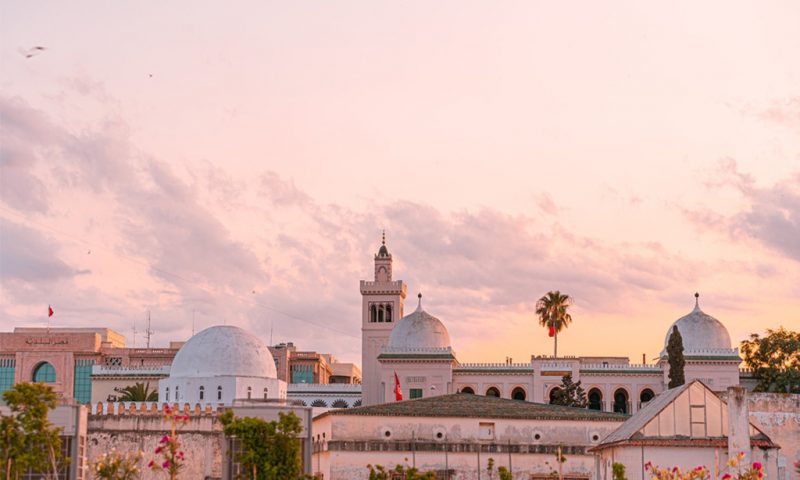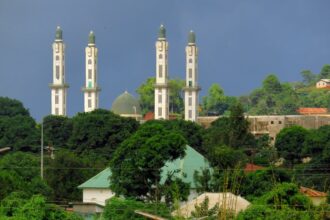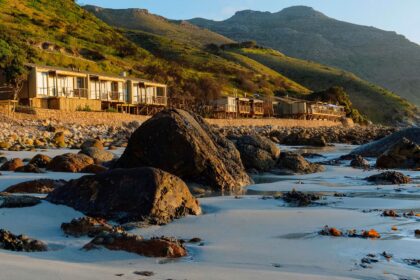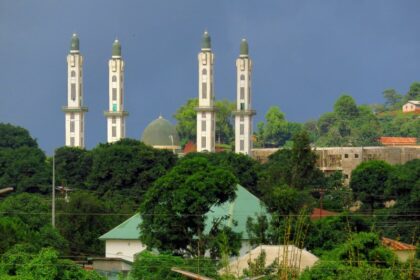At a Glance
- Restored 18th-century townhouse offering 16 serene suites steeped in Tunisian heritage and charm.
- Rooftop dining with old city views and authentic Tunisian flavors crafted with care.
- Courtyard sanctuary scented with citrus trees, merging comfort with centuries-old medina traditions.
Situated inside Tunis’s centuries-old medina, Dar El Jeld Hotel & Spa Tunis is a five-star hideaway where history and quiet luxury meet.
The restored 18th-century townhouse blends traditional tilework, citrus-filled courtyards, and a serene rooftop view of the old city.
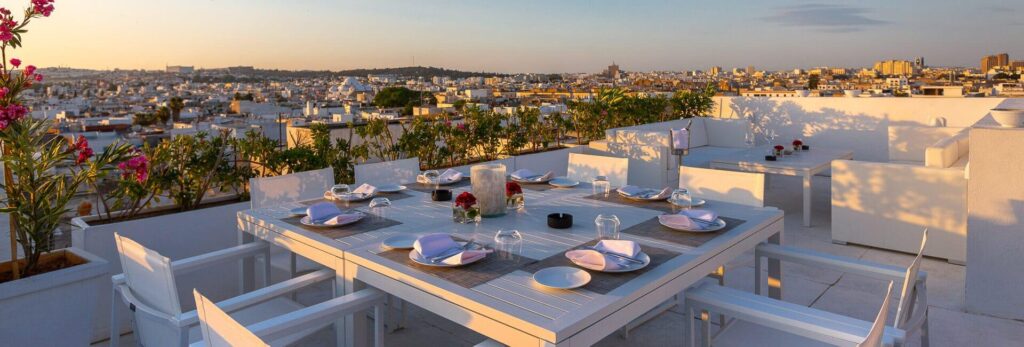
With just 16 suites, this boutique hotel offers travelers a rare sense of calm and authenticity, minutes from the Kasbah and Zitouna Mosque, a timeless Tunisian experience wrapped in elegance.
A courtyard scented with lemon blossoms welcomes guests into a slower rhythm. Above, a rooftop restaurant looks out over a sea of domes and alleys, while the spa below draws from Tunisia’s centuries-old bathing rituals.
Still keying to the past
Built in the 1700s, Dar El Jeld carries its age proudly. Wooden doors creak softly, tiles shimmer with hand-painted blues and greens, and light spills through latticed windows into the central courtyard. The restoration kept the house’s character intact, nothing feels overdone.
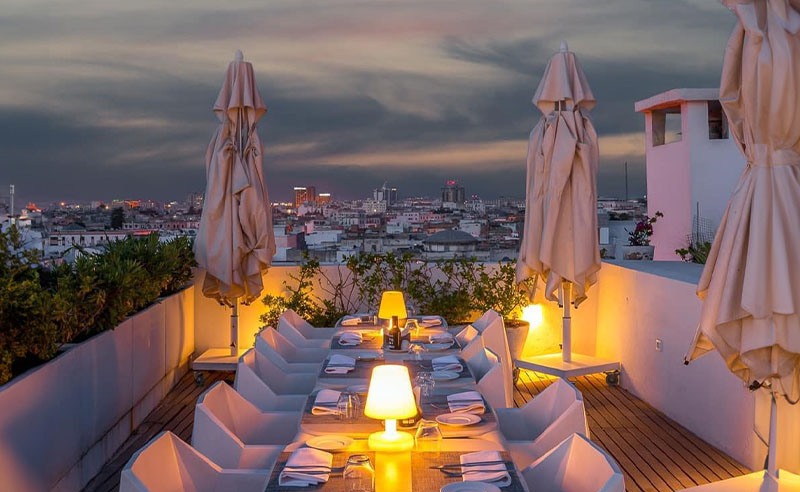
What was once a family residence now offers travelers a way to experience the medina without losing sight of its history.
A calm world behind the walls
Step through the entrance and the noise of the city melts away. The courtyard, shaded by lemon and orange trees, cooled by a small fountain, becomes a sanctuary.
Birds chatter in the early hours, and at night, lanterns throw patterned shadows across the walls. It’s a reminder that in Tunis, beauty often hides in quiet corners.
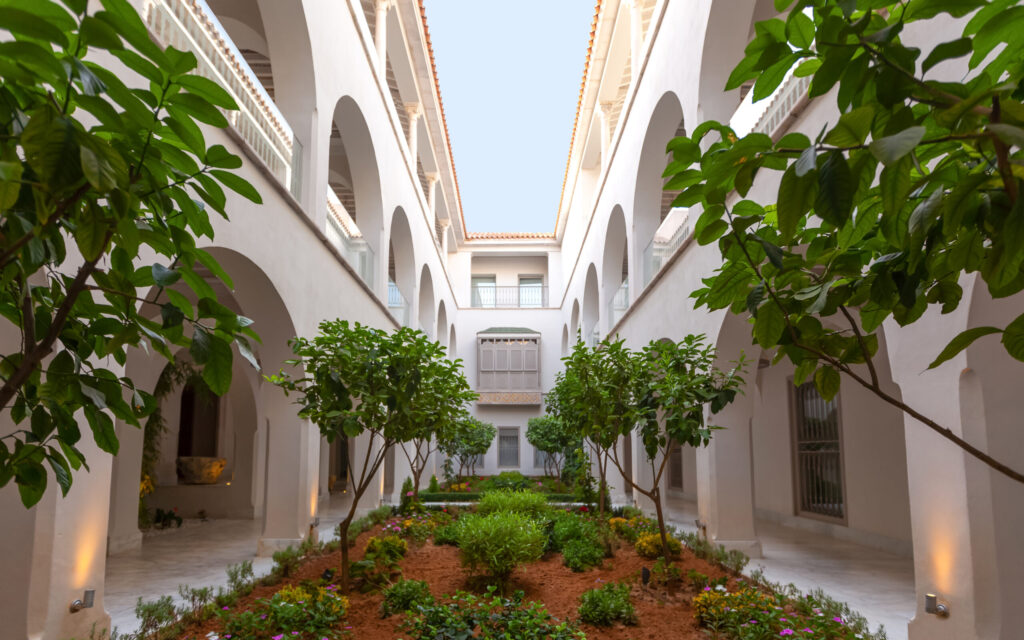
Suites with a story
The hotel’s sixteen suites feel generous for the medina. Each one has its own rhythm and light, some open to the courtyard, others to the rooftops.
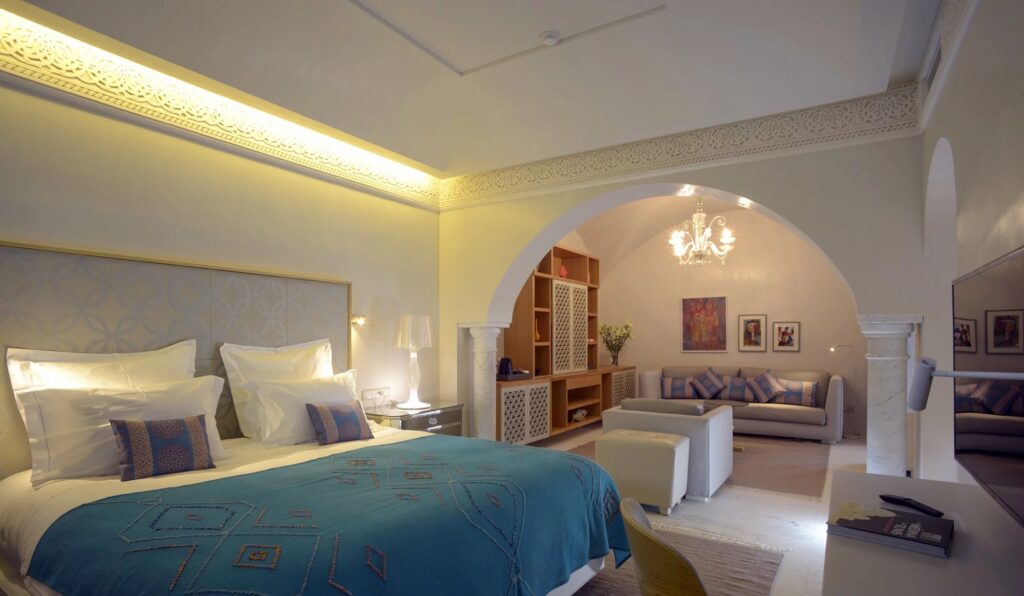
The rooms range from 65 to 95 square meters and are furnished with soft linens, handwoven rugs, and bathrooms dressed in traditional tilework. Nothing shouts luxury; it’s more of a whisper that lingers.
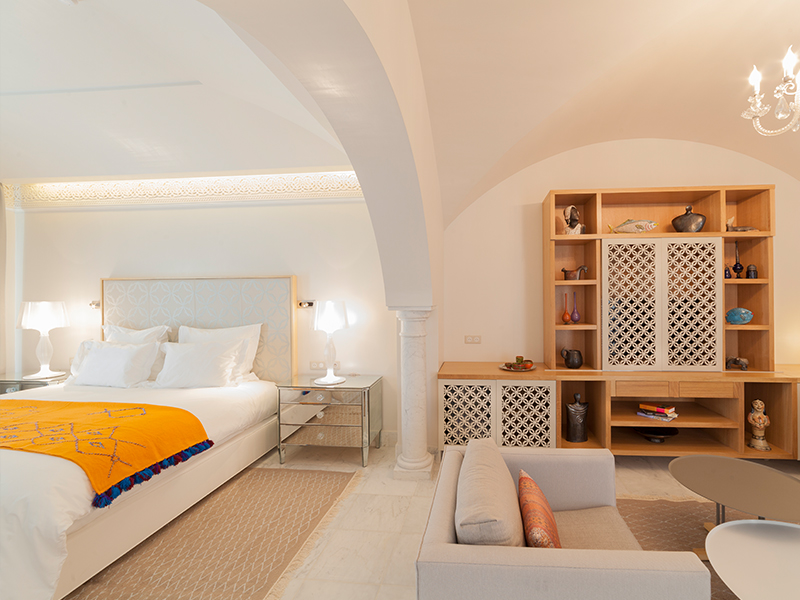
Where the city gathers to eat
Dinner at Dar El Jeld is never rushed. On the rooftop, guests watch the sun fade over the old city while plates of grilled fish, couscous, and olive-oil-drizzled salads arrive one by one.
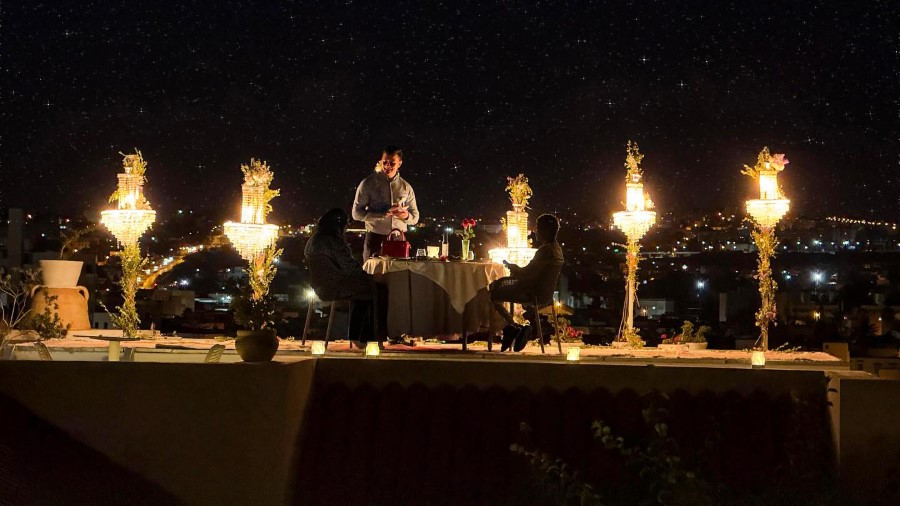
Across the street, the original Dar El Jeld Restaurant, a long-time favorite of locals, still serves family recipes under candlelight, often with a lute or violin playing nearby.
Together, the two spaces capture what Tunis does best: hospitality that feels personal, generous, and deeply rooted.
For travelers looking for a sense of place rather than polish, Dar El Jeld offers both, a link to Tunisia’s past and a soft place to rest in its present.
